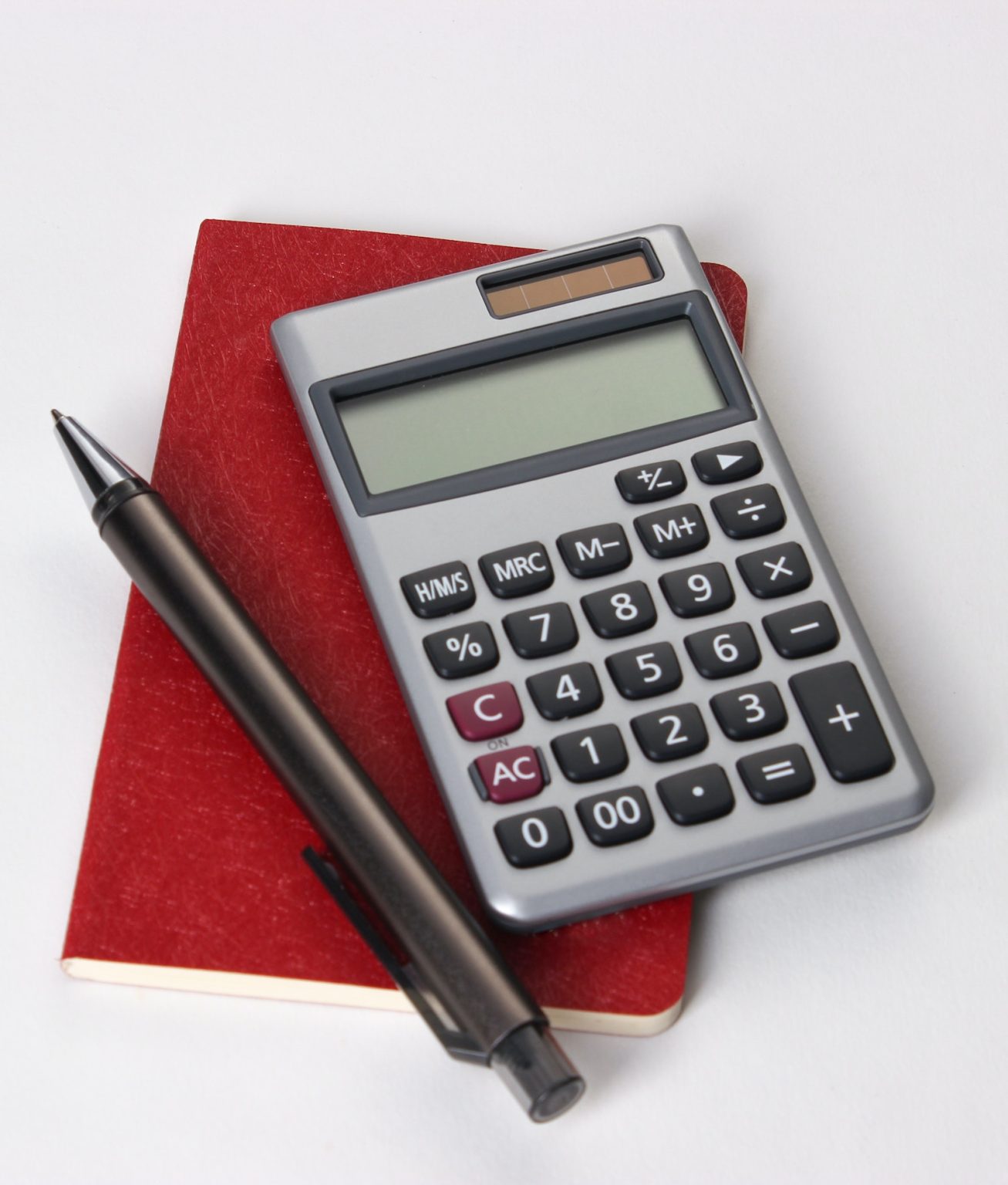Financially Fit
We understand that buying a home is one of the biggest financial decisions you will make. It’s therefore important to make sure you are in the best possible position when making this decision. With the right knowledge and tools, anyone can take control of their finances and build a strong financial foundation. Our tips and strategies for getting financially fit will help you get in shape!

Understand your credit report
Your credit file lists details from any accounts you have opened over the past six years. These include Current accounts, Credit cards, Loans, Overdrafts, Mortgages, some utility companies, and buy now, pay later finance agreements. The main three credit reference agencies in the UK are Experian, Equifax, and TransUnion. Your credit reports can often be downloaded for free within trial periods.
Register to vote
Lenders use electoral roll data to carry out identity checks. These are used to ensure you are who you say you are, that you live where you say you live and that you’re not laundering money. It’s free to register via your local council website. If you’re not a UK, Irish or EU national you’re unable to register on the electoral roll to vote. But you can put a notice of correction on your file, saying you have other proofs of identity and address that you can offer lenders.
Manage your available credit
The amount of credit you have available to spend on credit cards and overdrafts. It’s the difference between your combined debit balances on your cards and bank accounts and your combined credit, overdraft limit. Where possible try to keep any debt to no more than 25% – 50% of your available credit. And where possible try to re-pay any debt before applying for a mortgage.
Pay your bills on time
Any missed payments will count against you on your credit file. Ensure to keep up with all repayments on your outgoings. A missed-payment default can count against you for at least a year and will stay on your file for six years. For example, missing one mobile phone payment could make the difference between getting a mortgage and not. It’s a good idea to set up a direct debit just after your payday to make sure payments are made on time and you have the money available.


Joint finances
Ensure you remove any financial associations that are no longer relevant. For example, ex-partners or friends that you may have shared a home with. If you have recently moved from somewhere that has had joint finances, once your finances are no longer linked, write to the credit reference agencies, and ask for a notice of disassociation.
Watch your spending and check your bank statements
Before you make a mortgage application, most lenders will ask to see a minimum of your latest three months’ bank statements. They will check your income matches your payslips and examine your recent spending. Things like casino spending, and online betting could damage your overall profile. Where possible try to stay out of any overdrafts.
Prepare your documents before your mortgage appointment
Your mortgage adviser and lender will want to see proof of your income. Having all the documents prepared and all together will help to speed up the underwriting process.
Document checklist
- Your last three months' bank statements
- Your last three months' payslips
- Proof of bonuses/commission
- Your latest P60 tax form (showing income and tax paid from each tax year)
- Your last three years' accounts or tax calculations and tax year overviews (self-employed)
- Proof of deposits (savings account statements)
- ID documents (driver’s licence or passport)
- Proof of address (utility bills or credit card bills, for example)
- For gifted deposits a gift letter will be required. The lender requires confirmation it is a gift and not a loan, and that the person gifting the money does not intend to have any interest in the property.
Other documentation could be requested depending on the mortgage lender.